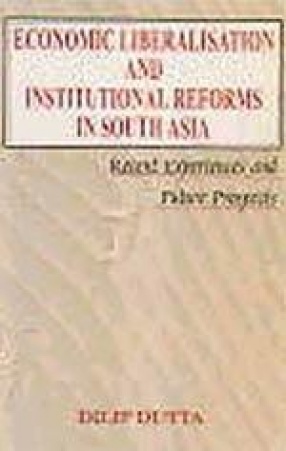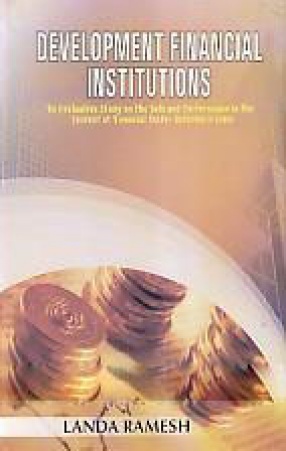The book provides a critical evaluation of wide-ranging economic liberalisation and institutional reforms that have been introduced in most of the South Asian countries–since the late nineteen eighties in Pakistan and Sri Lanka, early nineties in Bangladesh, India and Nepal, and thereafter gradually in Bhutan and Maldives. It highlights structural differences among the major South Asian countries and, therefore, varied degrees of political stability and rates of socio-economic progress during the post liberalisation period. It focuses on effects of economic liberalisation on major sectors in a number of countries in the region. Role and contribution of the South Asian Association for Regional Cooperation (SAARC) in building a South Asian community as well as a regional trade block have been explored quite elaborately. Governance issues have also been examined within the context of intra and inter-relationships between various components of the state apparatus and the community. Although the case study for the governance issues covers only India, its policy implication can very well be applied to other countries in the region. Not only the need for appropriate institutional reforms and innovations at both economic and political levels has been explicitly canvassed in many of the papers, but also need for strong commitment to human development and focus on equity issues for socio-political stability and sustainable economic development has been emphasised.
Economic liberalisation and institutional reforms in South Asia : recent experiences and future prospects
In stock
Free & Quick Delivery Worldwide
reviews
Bibliographic information
Title
Economic liberalisation and institutional reforms in South Asia : recent experiences and future prospects
Author
Edition
1st Ed.
Publisher
ISBN
8171568475
Length
viii+396 p., Illustrations; Maps; 23 cm
Subjects




There are no reviews yet.